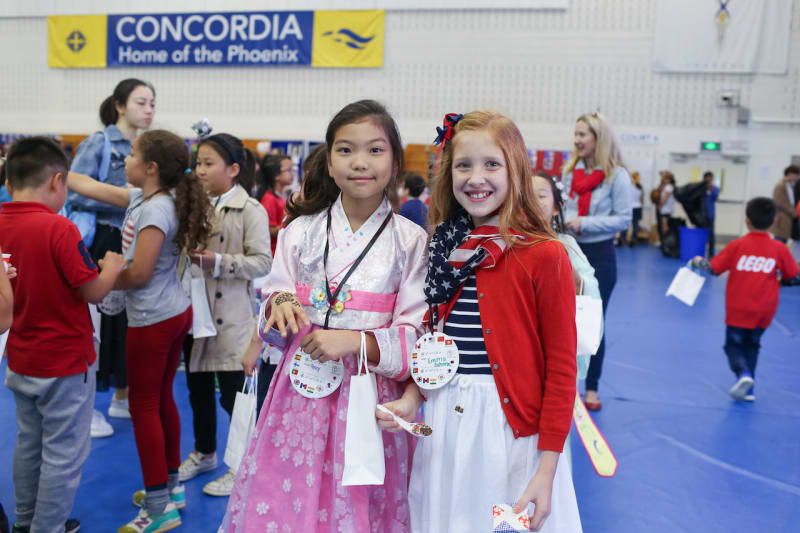For parents, the decision to move overseas is often first seen in the context of their children. After learning that the schools will be excellent and the country safe, considerations about how the move will affect them emotionally and psychologically often arise. For children of a formative adolescent age, the question is certainly a valid one.

When a child is moved from one culture to the next, they instantly begin forming their own ‘third’ culture to incorporate all the new and the old that they come into contact with, making them third culture kids (TCKs). A third culture child is someone who has grown up in a culture not their own. They feel that they can no longer completely assimilate with their home culture, and as they are foreign cannot completely assimilate with their host culture. How each child handles this cultural jumble depends of course on personality, duration of stay, age, parental attitude and other factors.
Growing up abroad gives kids a greater understanding of other cultures, as they have the chance to come into contact with children from all over the world in school. Their friends are from various countries, opening their eyes to different cultures. They become more aware of the fact that there are different foods, smells, tastes, ways of celebrating and so on. This gives them a flexibility and sensitivity that can be more difficult to obtain living in their home country.
Learning and hearing foreign languages is also an important factor in the cultural growth of TCKs. The hope of many parents is that their children will learn one or even more languages while abroad. This may not happen automatically however, and it’s very important for parents to ensure that there’s some aspect of their child’s life that is submerged in the language they want to learn – be that extra language lessons, a special activity, or even just spending time with a maid or nanny who doesn’t speak the child’s native tongue.
The flip-side to being culturally aware and flexible is a sense of lacking cultural roots. Ideally, children will feel they have the stability of where they come from and what they stand for. This generally comes from family rather than culture. Wherever their family is, this is home and they know which social and cultural rules apply. It’s important to have consistency in the home environment, not only in terms of rituals but also in terms of rules and values.
In fact, returning home can sometimes be a problem, revealing a gap in knowledge of TV shows, commercials and other cultural touchstones, and children’s peers in their home country may not understand their experiences. Reverse culture shock does exist, and every child deals with it differently. Some may see their return home as yet another adventure.

Going to school in a foreign country puts great emphasis on social skills and also builds empathy. At any international schools around the world, every student has been the new kid at one time or another. TCKs tend to have a sense of openness and confidence in handling new situations, simply because they have to! During school they inevitably say many goodbyes to good friends; they have to make new friends continuously. This can of course lead to having many good friends all over the world, but can also create a situation where a protective mechanism is built up and out of sight is out of mind, leaving the TCK with few friends from a specific period in their life.
Do the advantages of being a TCK outweigh the disadvantages? TCKs will always be different; they will always have a different way of perceiving the world and a unique understanding of the challenges of a multi-cultural environment. In the modern world these are key skills.
There are plenty of resources to help you better understand your third culture kid, including Concordia's trained and experienced faculty and counseling staff.
Whatever you do as a parent, tell your child that their life will be different, that the lessons they learn along the way as a TCK will be valuable tools in their adult life and that, most importantly, they are not alone.




